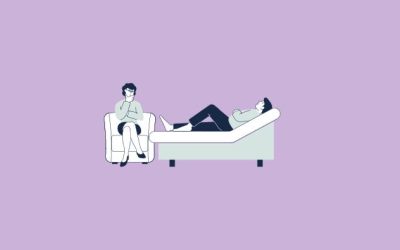Understand the Oedipus Complex in adults
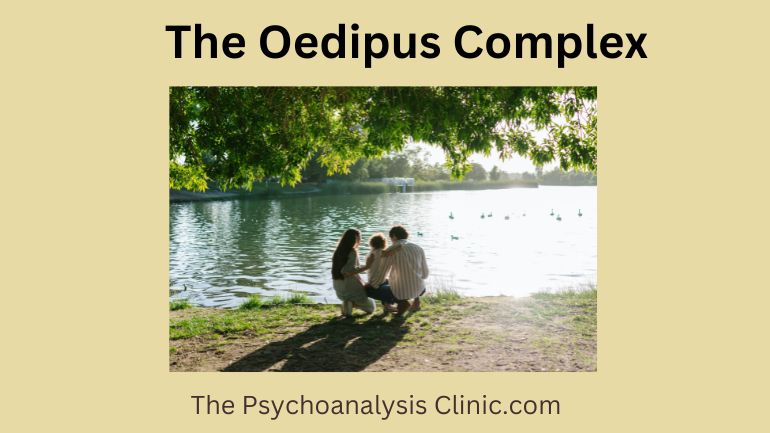
According to the theory of psychoanalysis, children go through biologically fixed phases referring to each part of the body that provides pleasure which are the oral, anal, phallic, latent, and genital.
The Oedipus complex occurs during the phallic stage of the psychosexual development in children aged between three and six, in which boys unconsciously begin to desire the parent of the opposite sex and wish to eliminate the father. During this phase, the feeling of rivalry becomes stronger, as they desire the exclusive attention of the mother.
In this context, the boy fantasises about killing his father and marrying his mother at the same time he believes his father also sees him as a rival and that, therefore, he can be castrated by his father. Freud called this feeling of castration anxiety.
After the age of six, the attachment to the parents is usually resolved as most children turn to relationships with their friends, school activities, and playtime.
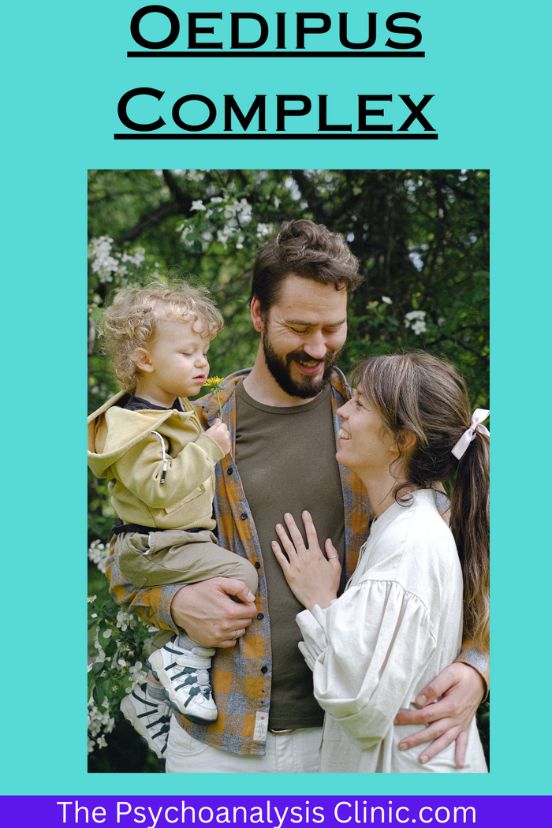
What are the psychosexual development stages?
The five phases of the libidinal infantile development that children go through are:
- Oral: from 0 to 18 months, children obtain pleasure from their mouths through sucking, chewing, and biting. At this stage, the child develops a dependent relationship with the mother or significant other.
- Anal: from 18 months to 3 years old, the child gets pleasure from the retention or elimination of faeces. At this stage, the child develops self-awareness of their own body experience.
- Phallic: from 3 to 6 years old, pleasure is achieved by the stimulation of the genitals. At this stage, the child desires the parent of the opposite sex, configuring the Oedipus or Electra complex in girls.
- Latency: from the age of 6 to 12, the child represses sexual impulses and channels their energy into other activities, such as learning, socialising and developing skills. At this stage, the child develops a friendly relationship with peers of the same sex.
- Genital: from puberty onwards, the child regains sexual impulses and seeks pleasure from sexual intercourse with another person. At this stage, the child develops a loving relationship with their partner.
| Phases | Age |
|---|---|
| Oral | 0 to 18 months |
| Anal | 18 months to 3 years old |
| Phallic | 3-6 years old |
| Latency | 6 – 12 years old |
| Genital | 12 years old onwards |
Psychosexual development in other schools of psychoanalysis
Melanie Klein, for instance, differs in several aspects from the classical psychoanalysis. In her object relations theory, the breast is seen as an important element due to the fact it is the infant’s first object of contact and satisfaction.
The breast is a part object for the baby, because it represents the nourishment and affection received from the mother. The breast is part of the total object which is the mother.
This splitting of the breast is the infant’s defence to deal with ambivalence, in other words, the co-existence of contradictory commonly known as mixed feelings.
This unconscious phantasy is the way the baby divides the mother’s breast into two opposite parts: as good breast and bad breast representing the ambivalence of love and hate.
The good breast is the one that feeds, soothes and pleases the baby, while the bad breast is the one that frustrates, irritates and threatens the baby.
Table of Contents
Why the Name “Oedipus”?
The name “Oedipus” is a reference to the story of Oedipus, a character from Greek mythology. According to this ancient story, Oedipus – who was the son of the king of Thebes – killed his father and unknowingly married his mother.
Ultimately, Oedipus discovered what he unintentionally had carried out. He then blinded himself with the brooches from the dress of Jocasta, his mother and wife, who hanged herself after finding out about it. Oedipus abandoned the throne of Thebes and wandered as a beggar, accompanied by his daughter Antigone.
What causes the Oedipus Complex?
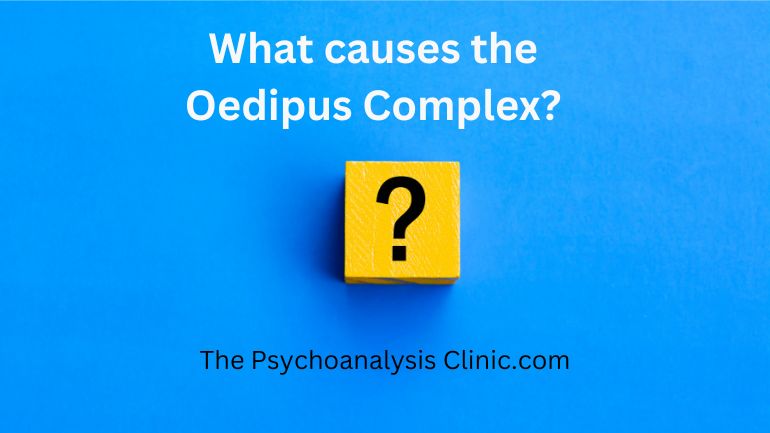
The formation of the libido causes the Oedipus complex. Children seek libidinal pleasure through the erotogenic zones which usually are the sexual organs and other bodily parts such as the mucosa areas in the body.
The mother is seen as the first object of love and the father as a rival who prevents the achievement of this desire. The boy fears his father will punish him for his rivalry by slitting his sexual organ.
The Oedipus complex is considered a normal phase of child development and is naturally resolved as children grow up. If this does not happen, it can lead to psychological problems in adulthood, such as neuroses, insecurities, and relationship difficulties.
Consequences of the Oedipus Complex in adults
The consequences of the Oedipus complex can be manifolded, depending on how it was perceived and resolved in childhood. Some of the possible consequences are:
- Dependence, jealousy, insecurity or infidelity;
- Guilt, shame, inferiority or narcissism;
- Aggression, anxiety, depression or phobias.
- Impotence, frigidity, shyness or promiscuity.
These consequences can affect a person’s quality of life and well-being. It is important to seek professional help if they cause distress or difficulties. Psychoanalysis can be very helpful in dealing with these issues as it allows people to explore their feelings and better understand their experiences. It is a positive process that can contribute significantly to improving quality of life.
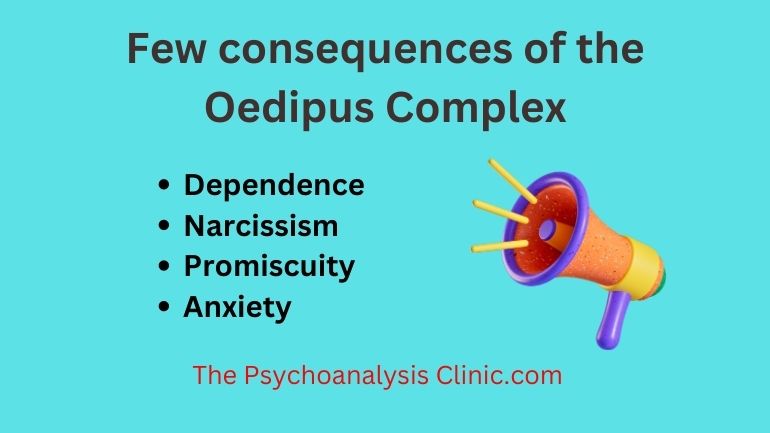
How does the Oedipus Complex affect an adult’s life?
It can affect our lives in several aspects, especially in our sexuality and relationships. Some of the possible issues are:
- Difficulty in dealing with sexual desire and satisfaction;
- Problems in building healthy and lasting emotional ties;
- Low self-esteem, insecurity and guilt;
- Repetition of behaviour patterns that replay the relationship with parents;
- Inferiority complex, rivalry or competition with the same sex;
- Superiority complex, idealisation or dependence on the opposite sex.
4 ways to fix the Oedipus Complex in adults?
The Oedipus complex is a normal phase of children’s development which is usually resolved in childhood by identifying with his father and abandoning the unconscious competition struggle.
An unresolved complex can lead to unhealthy fixations, conflicts, or anxieties in adulthood. In this case, psychoanalytic therapy can help to understand and overcome the underlying causes of a complex.
Apart from going through psychoanalysis, below are some tips to overcome it:
- Acceptance: recognise your feelings and do not deny or repress them.
- Free yourself from the role of a child: develop your own identity and autonomy and don’t depend on your mother for approval or validation.
- Direct your energies into positive activities: find hobbies, interests and goals that satisfy you and give you a sense of purpose.
- Try to satisfy your sexual urges through other means: explore your sexuality with suitable partners and avoid fantasies or behaviours that involve your mother.


